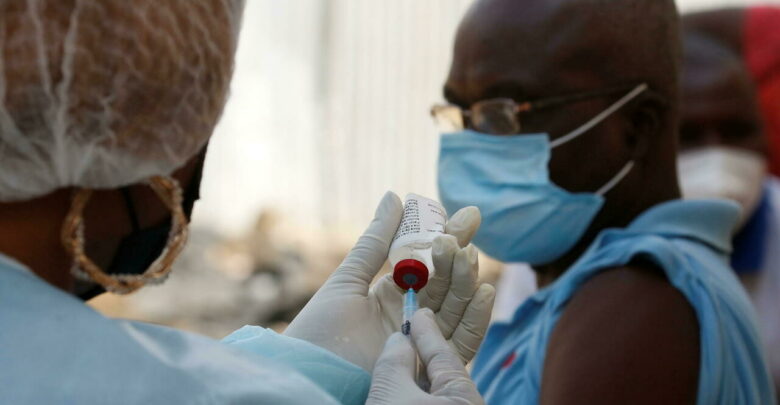Uganda
Ugandan Government Declares End Of Four-Month-Long Ebola Outbreak

The Ugandan government on Wednesday declared the end of a nearly four-month Ebola outbreak after no new cases had been registered in the past 42 days, reported Reuters.
“We have successfully controlled the spread of Ebola in Uganda,” Ugandan Health Minister Jane Ruth Aceng said on Wednesday during a ceremony to mark the outbreak’s end at Mubende, where the first case was detected in September.
The end of the outbreak was confirmed in a statement issued by the World Health Organisation (WHO). The WHO chief Tedros Adhanom Ghebreyesus hailed the East African country’s robust and comprehensive response to control the deadly hemorrhagic fever.
According to the WHO, the Ebola outbreak in Uganda was caused by the Sudan Ebola virus, one of six species of the Ebola virus, against which no therapeutics and vaccines have been approved yet.
Ms. Aceng said January 11 marked 113 days since the start of the epidemic. In total, Ugandan reported 142 confirmed cases, 55 confirmed deaths, and 87 recovered patients, with children among the victims.
As per the WHO’s criteria, an outbreak of a disease officially ends when there are no new cases for 42 consecutive days, which is twice the virus’s incubation period.
WHO Regional Director for Africa Matshidiso Moeti said Uganda’s long experience in responding to epidemics allowed the country to rapidly strengthen critical areas of the response.
Moeti said it was one of the most challenging Ebola outbreaks in the past five years, but the Ugandan government was successful in beating it even without any vaccine and therapeutics.
Notably, three candidate vaccines were identified and over 5,000 doses of these vaccines have already arrived in the country.
The WHO said although the outbreak has been declared over, the Ugandan health authorities are maintaining surveillance and are ready to respond quickly to any flare-ups. The UN health body said that neighboring countries continue to remain on alert and are encouraged to strengthen their capacities to detect and respond to infectious disease outbreaks.






